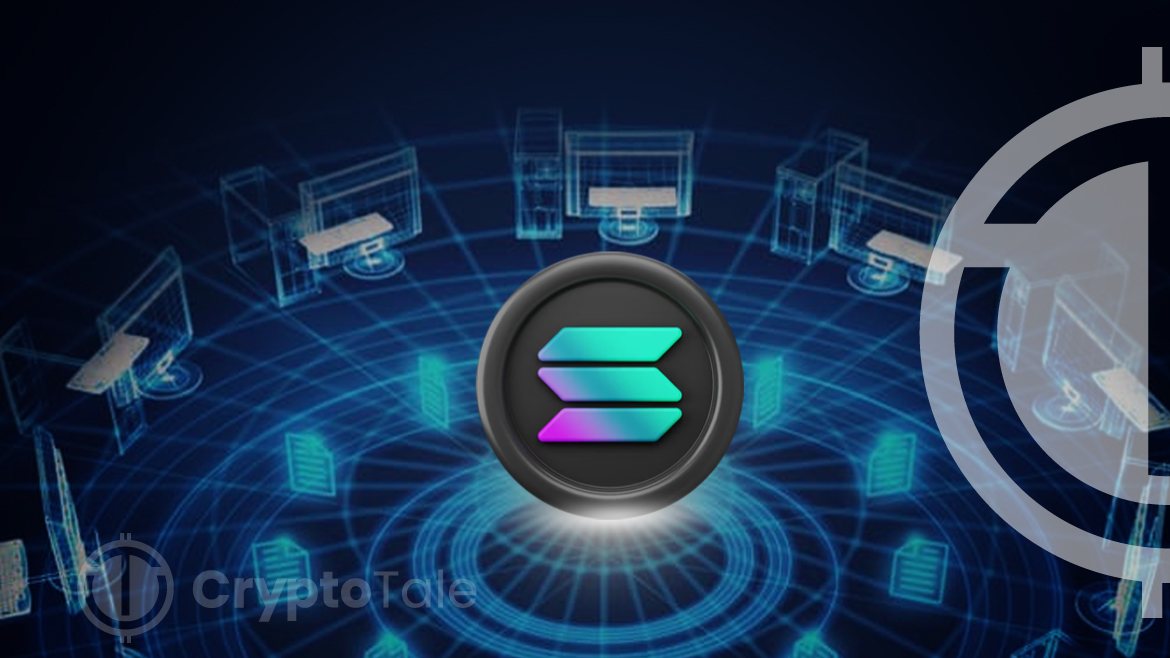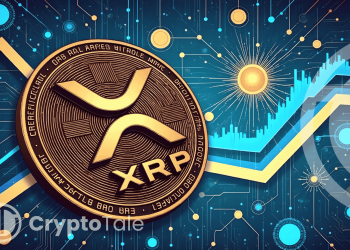- Solana’s network congestion, exacerbated by Anza Network’s Agave client, is being actively addressed with fixes for QUIC implementation issues.
- Despite a 75% transaction failure rate during a peak period, initiatives are underway to enhance Solana’s efficiency through strategic improvements.
- Market impact reflects the congestion’s severity, with SOL’s price dropping 9.02% amidst debates over causes, including bot spam and genuine transaction delays.
The Solana blockchain, a prominent player in the cryptocurrency arena, has hit a rough patch, grappling with significant network congestion and challenges. Central to the congestion issue is Anza Network’s validator client, Agave. Anza recently shed light on the root cause in a recent X post, pointing to issues with the QUIC implementation and peculiarities in the Agave validator client’s behaviour as the crux of the problem. Anza’s engineers, alongside core contributors, have been at the forefront, tirelessly working to unravel and rectify these bottlenecks to boost network efficiency.
Anza Network has pledged to initiate the deployment of corrective strategies beginning next week, with an optimistic outlook on implementing additional enhancements and refinements progressively over the forthcoming months. This commitment underscores a determined and coordinated effort to elevate the Solana blockchain network’s performance and user experience. Through these strategic measures, Anza intends to address the current challenges head-on, proactively tackling congestion issues and ensuring a smoother, more reliable platform for users and developers alike.
According to Dune Analytics, the congestion snag reared its head starkly on April 4, when an alarming 75% of all non-vote transactions faltered. This was against the backdrop of a spike in network activity, largely fueled by the platform’s burgeoning interest in meme coins. The scenario has sparked a heated debate within the Solana community as users voice their discontent over the declining service quality.
Mert Mumtaz, CEO of Helius and an ardent Solana proponent, intervened to offer perspective amid growing concerns. He contended that blaming the high transaction failure rate solely on network instability oversimplifies the issue. Mumtaz highlighted that a significant portion of these failures were attributed to “bot spam,” rather than genuine transaction attempts facing hurdles.
This period of network congestion has not only stirred community debate but has also impacted Solana’s market performance. Over the past week, the price of SOL witnessed a 9.02% downturn, currently hovering around $178, underscoring the financial ripple effects of the network challenges.












